Some people choose jobs, some jobs choose people.
Take “Journeyman Jack” Abercrombie. He’s based in Cumbaya, Ecuador, and is an expert on life as an expat the way few are. He can help you give birth to your dream of moving to Ecuador, facilitate the transition with ease, and then, when circumstances dictate it’s time to move on, help extract you painlessly.

But this article was originally written before the quake. Its purpose is to introduce you to him. In his words, this is why Journeyman Jack does what he does:
“Especially for those who’ve never travelled long or far out of their home country: if you think it’s tough coming in to a new one, it’s just as tough, if not tougher, to get out.”
And that’s something not too many folks think about before they arrive. According to Jack, that’s one of the essential thought processes that should be included in making a decision to change from one life to another: What if it doesn’t work out?
Within six months of moving to Ecuador, most North American expats have a pretty good idea of how much planning goes into making a smooth transition from “home” to here. Unfortunately, it’s too often in retrospect. These are hard-earned lessons gained by trying to negotiate through the obstacles inherent in adjusting to day-to-day living in a wildly different culture. The big realization, often, is how little they’d known about what it would take.
Jack’s starting point is always his love and respect for Ecuador. He doesn’t go out of his way to “sell” you on the idea of making a move, nor does he fill your head with all the obstacles. It’s all about helping you to become more aware so you can make your best choices.
In order to do that, he has to know people and how to work with them. He’s extremely affable, has a disarmingly soothing drawl that easily lapses into booming laughter. He’s open about what he has experienced, good and bad, and perhaps most important, he’s curious. He’s curious about who you are, what you’re hoping to accomplish by coming (or going!) and takes the time to help you troubleshoot based on your own needs, means and preferences.
Jack was a journeyman sheet-metal worker in the U.S. for 20 years, thus the handle. He went on to be a buyer and seller of heavy equipment, with assignments all over the world. He arrived in Ecuador in 2008. Like so many others, he was faced with economic challenges that compelled him to make a major life change.
He got his Ecuadorian Commercial Driver’s License (CDL), and continued selling heavy equipment, which is how he learned one of his first, crucial lessons. “I can sell anywhere else but Ecuador,” he said. “The atmosphere for business is stifling!”
Then, his uncle came to visit, requesting that he show him around. So they hopped on Ecuador’s bus system and spent a few weeks traveling and learning about the country. Little did he know that this would be a new start in more ways than one — in Bahía, he met one of his uncle’s friend’s daughters, Andrea. A few weeks after he left, the friend called him. “Why haven’t you been calling my daughter?” he asked. They’ve been together since.
Within a couple of years, he found himself being called on more and more to show folks the ropes. He traveled, and made connections around the country that form the basis of his relocation services business — which is, essentially, a network of friendships.
Most often, it’s word of mouth that gets you to him, his website (Journeyman Jack’s Relocation Services) or Facebook group, Expats Leaving Ecuador.
Jack’s role, for those who seek him out before they make the leap, is to educate, facilitate and transport. He organizes a custom travel itinerary, ideally, an exploratory trip of twelve days.
By 2013, he had developed a comprehensive orientation service. He helps new expats learn about housing, and connects them with facilitators in the areas in which they hope to settle. He advises them on the goods they should bring and the ones they should leave at home, and picks them up personally from the airport.
That, coincidentally, was around the time his uncle decided to leave. That was his first real “extraction,” and it opened his eyes to many of the things that are important to consider in advance.
Once you move here and get settled in it’s like anywhere else; you relax and, unless you make major efforts otherwise, you accumulate possessions.
And then “it” happens. Suddenly your business is called back to Florida. Your three-year contract as an English teacher gets cut in half. Someone at home becomes seriously ill. For some, the inability to learn the language and integrate is the deal-breaker. One day you realize the grass really IS greener elsewhere, so you decide to pull the plug.
But you also realize that you now possess property, pets, investments, maybe a car. Cleaning up after yourself often takes a lot of time, effort and money. It is not just a matter of hopping on a plane, you must disentangle yourself first.
Jack estimates the average cost to make a clean transition out of Ecuador is about $7,000.
To his surprise, in 2015 he extracted as many people from Ecuador as he midwifed into it. Today, he’s acting as a counselor for many expats still on the coast. This is his advice for people thinking of making a move, in either direction:
COMING
- The stress you experience coming and adjusting is inversely proportional to your experience traveling and living in foreign countries
- At first, travel light and find alternatives to taking a container
- Really investigate embargo regulations before bringing your belongings
- You can usually do well on ten to fifteen bags per couple taken by plane
- Bringing pets is a process. It’s very specific, and can be a nightmare
- None of the people he has “midwifed” have brought cars with them
- Rent for a year before buying. Investigate every aspect of your intended neighborhood. “See that sun come up and go down for one year first.”
- Experience the rainy season before you decide
GOING
- About 1/3 of the people he’s midwifed, he’s ended up extracting
- Downsize to your original 10 to 15 bags
- You just don’t take a car back with you
- There is a process you must go through to cancel your Ecuadorian Resident Visa
- There is a process you must go through to untangle your investor’s visa and retain your money
- You must transfer power of attorney for any properties you leave behind
- Bringing pets out is a process. It’s very specific, and can be a nightmare
Do you have an exit strategy? Let us know why or why not!

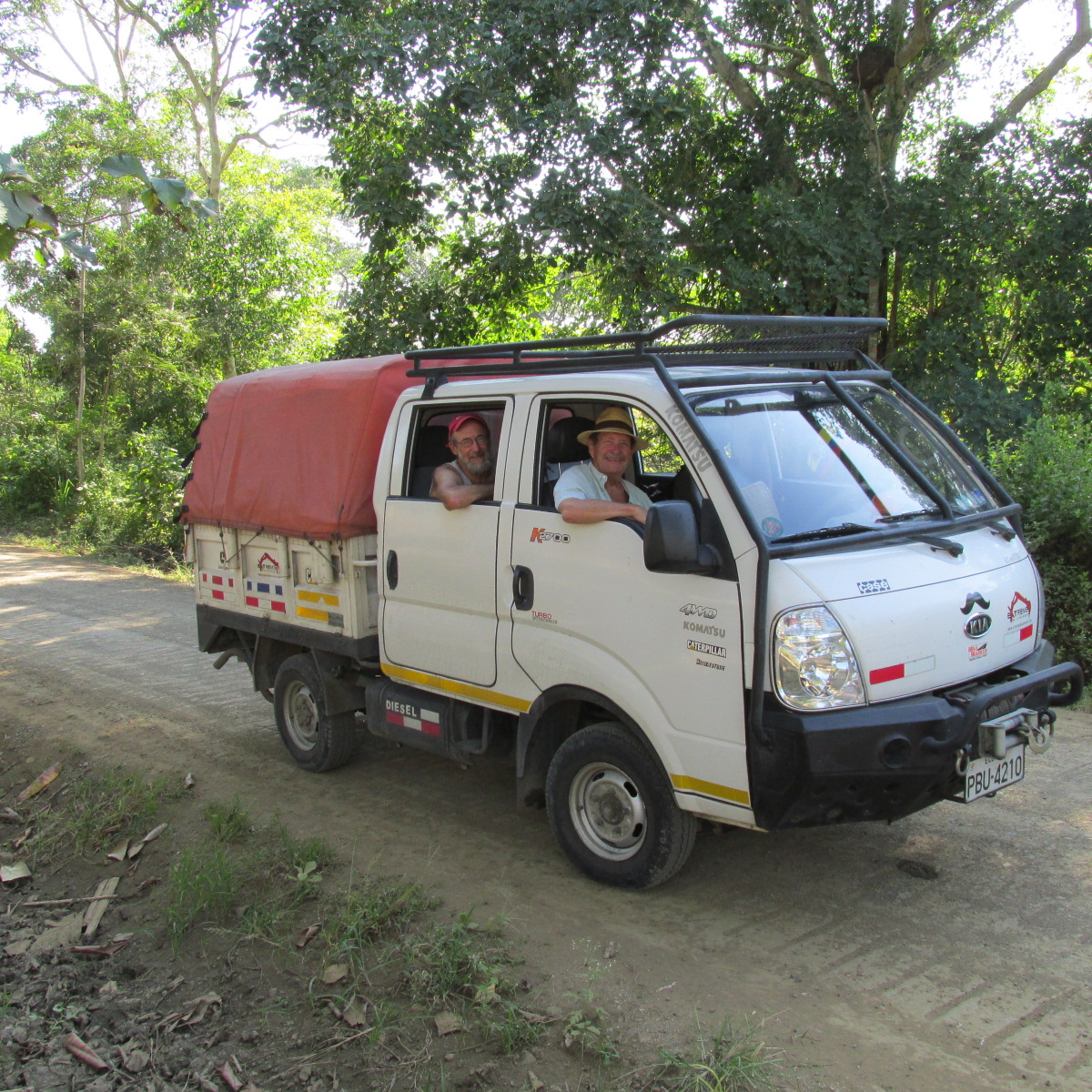





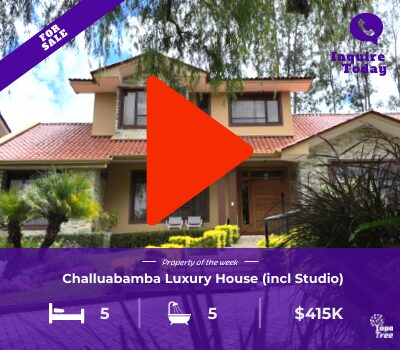



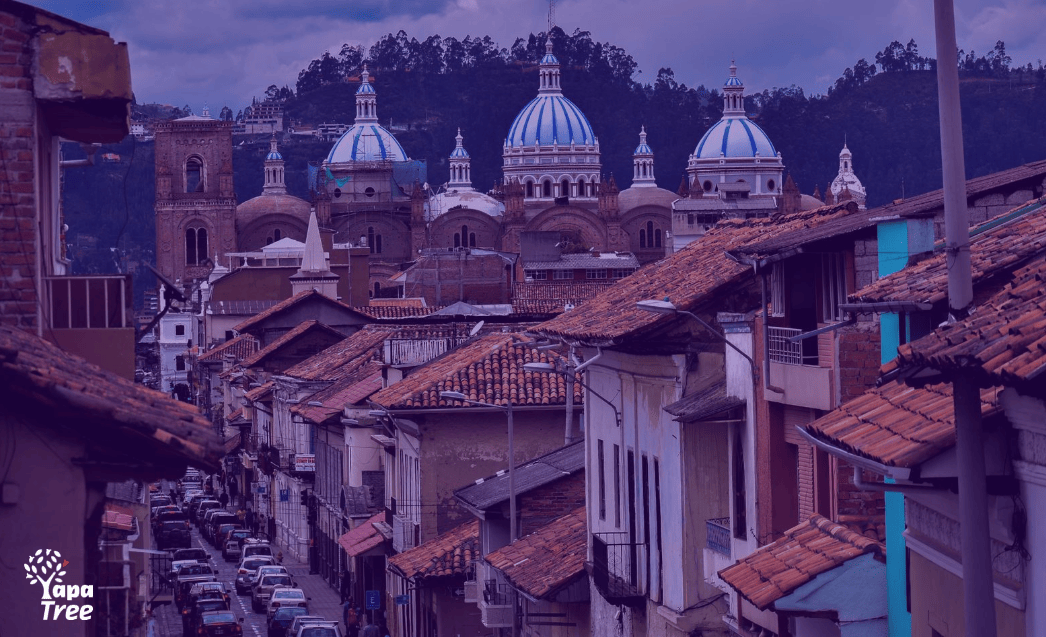
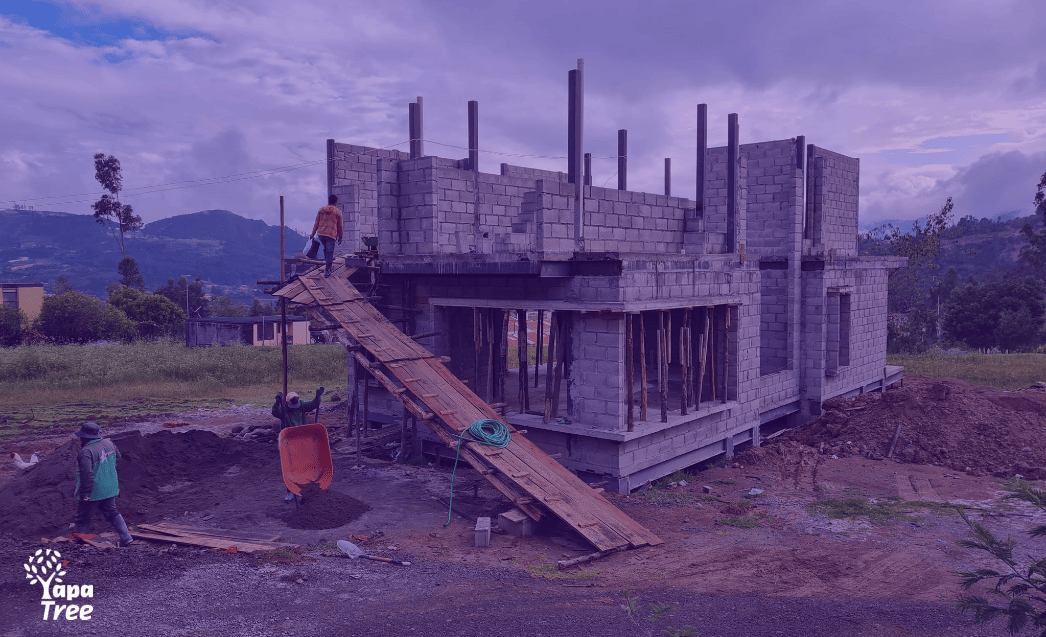

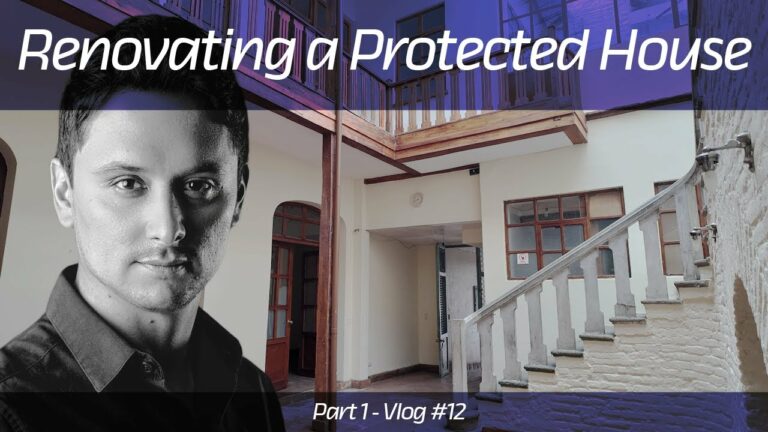
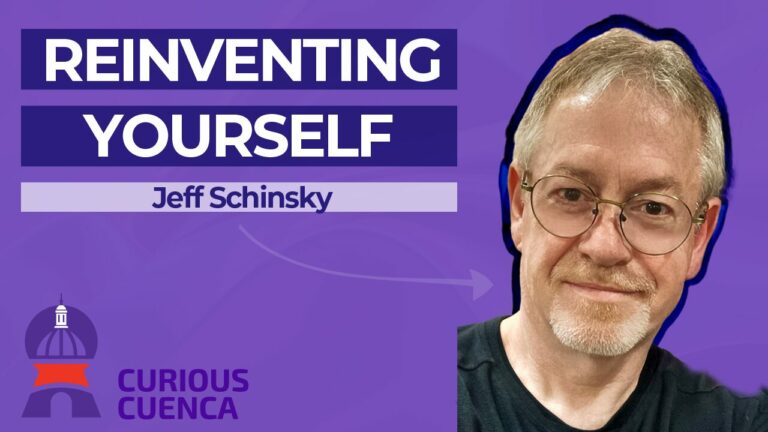
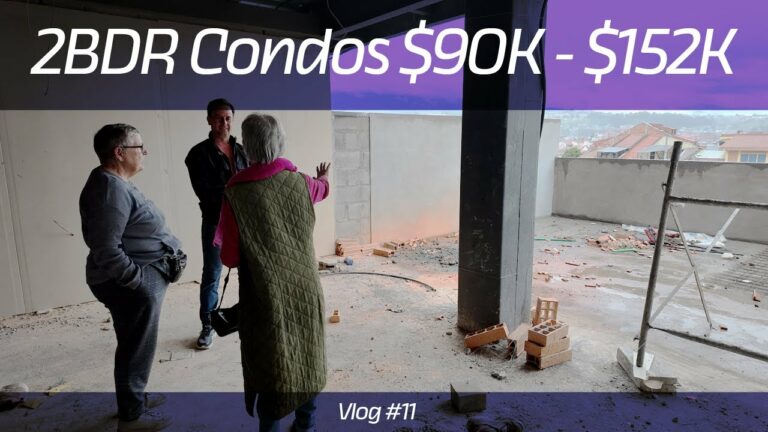

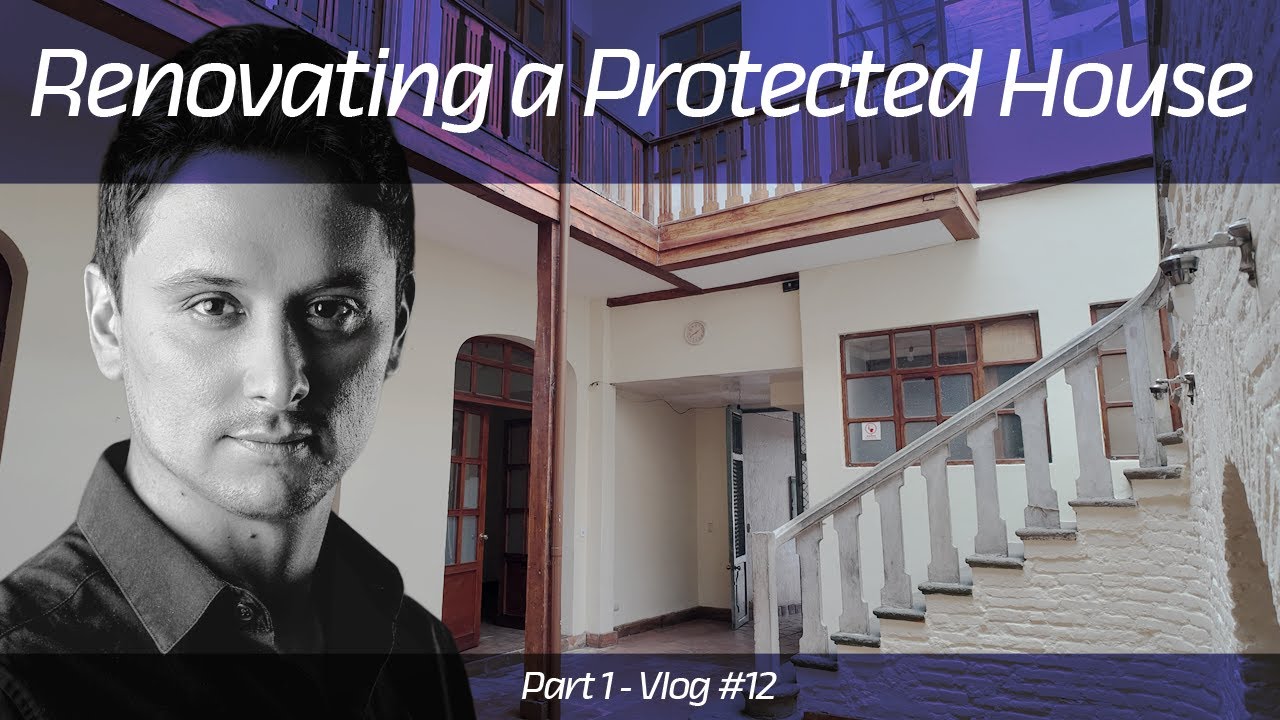
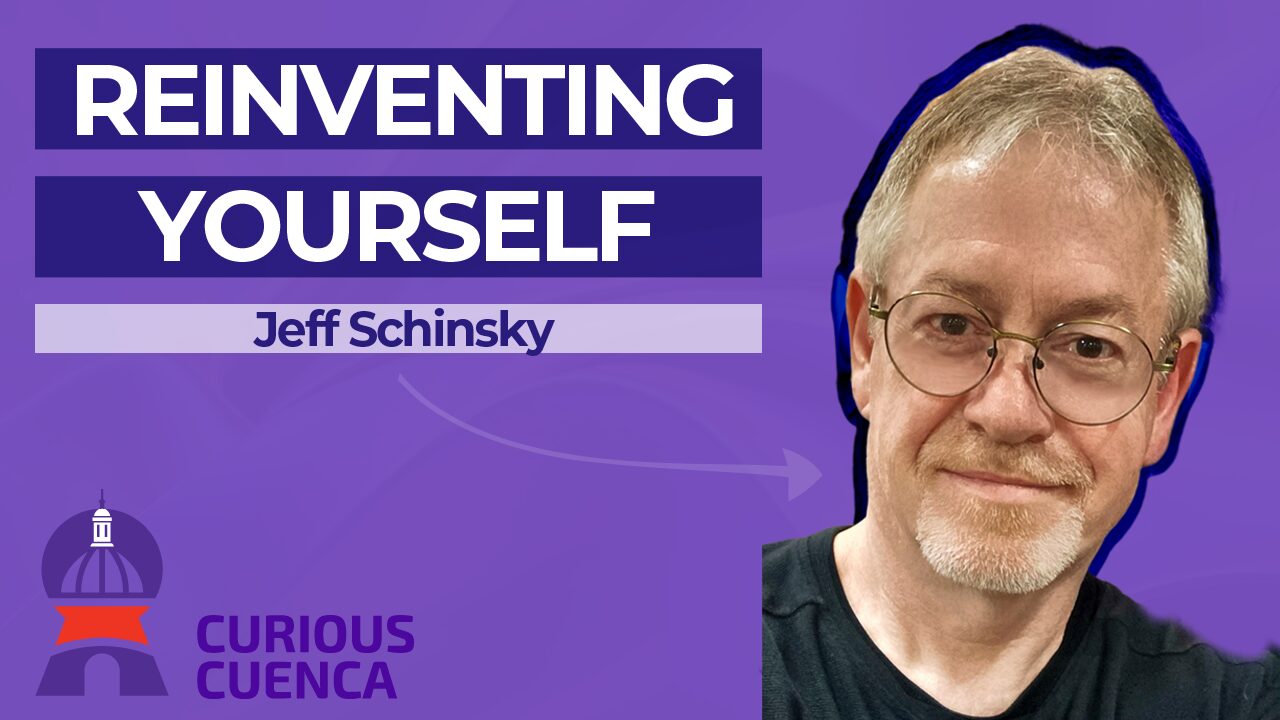
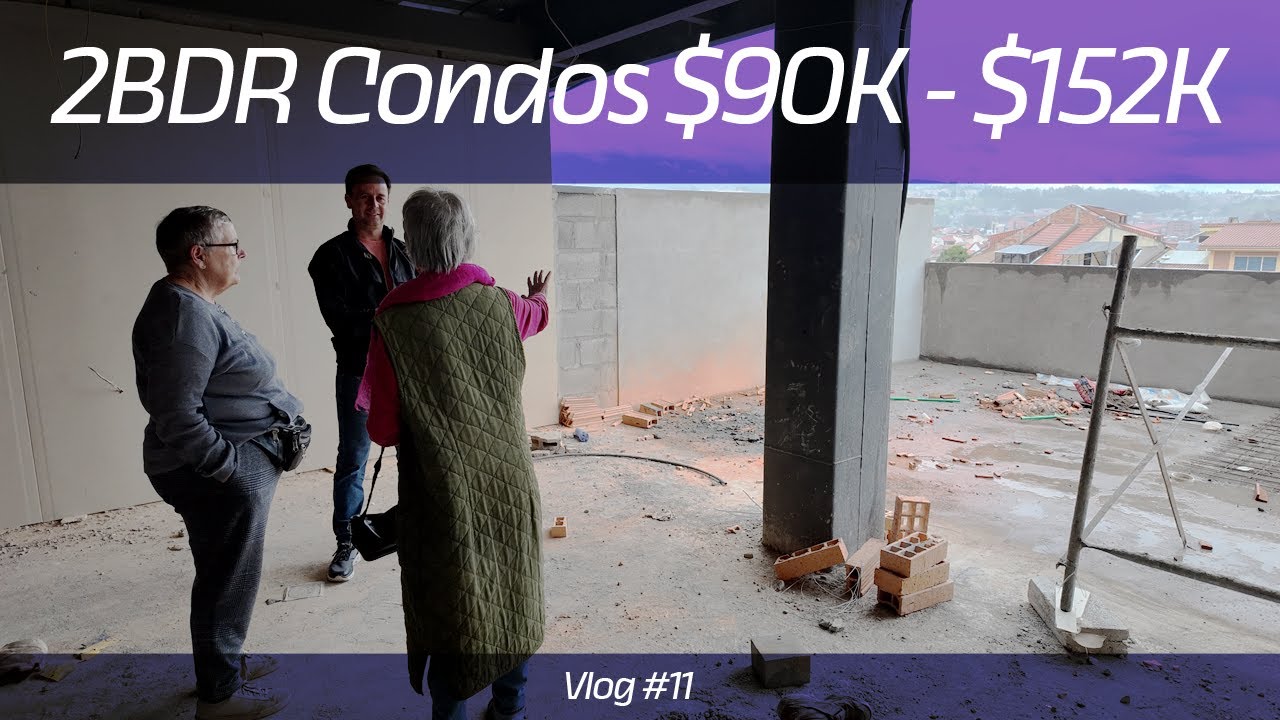
11 Responses
I came to Ecuador with little more than a Moon guide book in 2006. There was little info. on the internet. After 2008 the influx began thanks to International Living magazine. Then websites and people like ‘Jack’ began to spring up like weeds. This is what ruined the paradise for many including Ecuadorians. In the areas where expats now live (Cotacachi, Vilcabamba, Cuenca, Salinas the price of real estate skyrocketed leaving the ordinarly Ecuadorians out in the cold. You need ‘true grit’ to make it here, I though it would become a refuge for aging hippies and alike thinkers, but to my distain gated communities arrived the older set that know very little Spanish.
Thanks Jack for nothing!
(Author’s reply) Dean, five years ago when I began my own personal search, I started with IL as many others have. It provided me a valuable jumping off place from which I took personal responsibility for extensive research on my own for free. Having lived here for more than 3 years I have spent much porch time watching expats come and go because they either didn’t do their homework, relied on dead end if not exploitative advisors, or were blindsided by the cultural differences. The truth is that no one thinks of everything. There are lots of people with the wisdom to seek dependable advisors either in coming in or leaving. I’ve known Jack since I got here (full disclosure, we work together as Admins on the Ecuador Emergency Facebook page) and observed that he has no investment in what his clients do or don’t do other than providing a safe, dependable and knowledgeable service. He is not involved in Real Estate other than referring clients to his trusted connections, and with no kickbacks. Jack is not one of the weeds you refer to, his is a unique service that reflects his commitment to the people of Ecuador.
I’d be interested in contacting Mr. Abercombie, with a view to asking him some general questions about living in Ecuador.
Would you provide his email address, or pass on my comment with my email address to him, please?
Jack can be reached through his website (Journeyman Jack’s Relocation Services: http://journeymanjack.com/ ) or Facebook group, Expats Leaving Ecuador.
I spent three years deciding on and planning my retirement to Cuenca. International Living was a big support as was their contact person here and had a one week visit here, with a couple of friends, ad my contact helped me secure a local attorney and a reliable shipper with man years of experience. Stayed at a B&B run by an American resident who introduced me to a great English speaking facilitator. With his assist, found a perfect apartment that is the ground floor of a three story house under finishing construction in Misicata suburb. With my local attorney’s assist, I signed a lease and found my landlord who was to live on the 2nd floor, lived in the US for half his life so also spoke English. I spent next 9 months in the US selling my home and packing to ship a pallet of personal items needed here. I arrived here with 6 suitcases and a friend and we spent a week having great fun furnishing my apartment. Had all my required paperwork, thanks to my attorney’s help, ready upon my arrival so processing my Visa and acquiring my Cedula was easy and was assisted with all that with my landlord and attorney. Spent $1200 on Visa, $5,000 to furnish my place with nicer than average furniture plus major appliances, and $3900 for my shipment. Love living here and only surprise was how cold it can be during the rainy season but have a small propane heater and a good space heater I shipped over so they take the chill off my ground floor apartment as needed. I live nicely on just under $1,000 monthly with all amenities but plan to spend more if socializing around town or taking trips about which is great fun and day day trips to nearby towns of interest or to the Inca ruins are about $100 for each, I find. This gives all a fair idea of the good living here and love this country. Am also available if ones have specific questions. Find most Expats are open to assisting others. Have been totally adopted into my landlord’s family increasing the joy of living here immensely while allowing me to learn more about their culture.
Sierra,
Did you take any pets there with you, and if so, how did it go?
What is the thing about Cuenca that you dislike the most?
I brought two cats. They were in a single large container coming from Miami, but in Quito they had to be in separate containers. They had not of course been in planes before! I’d put a pillow in the big container and my big tomcat arrived in Quito underneath it! Both cats, who’d never done this before, stayed under the covers except to pee and eat during my short hotel stay in Quito. They did well here in southern Ecuador, killing a mouse or rat a day for over a year. Then the tomcat, who HAD to be outside every night, disappeared. I live near a national park and there are wild animals. His mom, an older cat, did well until I got dogs, which my cats were not used to.
She started living in my fenced garden, with visits across the road. She too disappeared. Check out where you’re going to live before you bring animals. If it’s in the country, best they are accustomed to and protected by dogs, or are fenced, or are house animals. One has to look into the current regulations on bringing animals in. Mine had to have specific shots by a vet, a vet who could make out the proper document; not all vets are ‘licensed’ or whatever to do that. My city-raised cats may not have had the smarts to deal with the animals here. I live near Vilcabamba,.
I have known Jack for at least a few years, great guy, he even lives near me here in Tumbaco, and he is a great choice for someone moving to a new country because you don´t want your first experience here to be a bad one!
Wow, I guess we did everything wrong! Brought the largest container they had. Two dogs came with us on the three month due dillegence trip…went back to the states, then back again for the permanent move! I will say, that my husband and our lawyer, Carlos Heredia did most all the details, so I shouldn’t brag! My his and died here, approximately two years later, and now, at four years…I intend to remain here, hopefully, for the rest of my life! I’m thinking….we “weren’t normal”! Lol!
Great article and good information on what to think about if coming over to Ecuador. One thing I would like to know more about that I hadn’t not heard before was the “process you must go through to cancel your Ecuadorian Resident Visa.” What advantages/disadvantages are there to doing/not doing this?
Hey Suetta, would you be willing to communicate through email? I like that you have been able to make a choice and live a good lifestyle on $1,000 per month. I would be very interested to hear more. Still looking for a place for myself and two cats.
Thanks,
Patricia
[email protected]